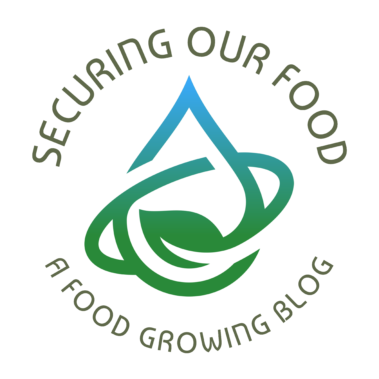Hydroponics is a method of growing plants without soil, using nutrient-rich water as the growing medium. This technique is gaining popularity among farmers, gardeners, and hobbyists alike due to its many advantages over traditional growing methods.
Different Hydroponic Methods
There are several hydroponic methods to choose from, each with its own unique benefits and challenges. Here are some of the most popular hydroponic methods:
- Deep Water Culture (DWC): In this method, plants are suspended in a nutrient-rich solution with their roots submerged in the water. Air stones or pumps are used to provide oxygen to the roots.
- Drip Irrigation: In this method, nutrient solution is dripped onto the base of each plant at regular intervals. This method can be automated and is a great choice for larger-scale operations.
- Nutrient Film Technique (NFT): This method involves a continuous flow of nutrient solution that is pumped over the roots of the plants, creating a thin film of water. This method is ideal for plants with shallow roots.
- Aeroponics: In this method, plants are suspended in the air and the nutrient solution is misted onto the roots. This method uses less water than other hydroponic methods and allows for greater oxygenation of the roots.
Advantages of Hydroponics
Hydroponics offers a number of advantages over traditional growing methods. Here are some of the most significant benefits:
- Water Efficiency: Hydroponics uses up to 90% less water than traditional growing methods, making it an ideal choice for regions with limited water resources.
- Space Efficiency: Hydroponic systems can be set up vertically, allowing for more plants to be grown in a smaller area. This is especially beneficial for urban farming and small-scale operations.
- Consistent Yield: Hydroponic systems provide precise control over nutrient delivery, light, and other growing conditions, leading to more consistent yields and higher quality produce.
- Pest Control: Hydroponic systems are less susceptible to pests and diseases, as the absence of soil makes it difficult for pathogens to thrive.
- Sustainability: Hydroponics eliminates the need for harmful chemicals and pesticides, making it a more sustainable and environmentally friendly option.
Conclusion
Hydroponics is a promising technique for growing plants without soil. With different hydroponic methods to choose from, it offers numerous benefits such as water and space efficiency, consistent yields, pest control, and sustainability. As interest in sustainable agriculture and locally grown produce grows, hydroponics is likely to become an increasingly popular choice for farmers and gardeners.


Please, more in detail
Sure. Recently Started created videos again with information on growing food. Go to Youtube and search @securingourfood
I wanted to thank you for this very good read!! I absolutely loved every bit of it.
I have you book-marked to look at new stuff you post…
You Are Welcome. Recently Started created videos again with information on growing food. Go to Youtube and search @securingourfood